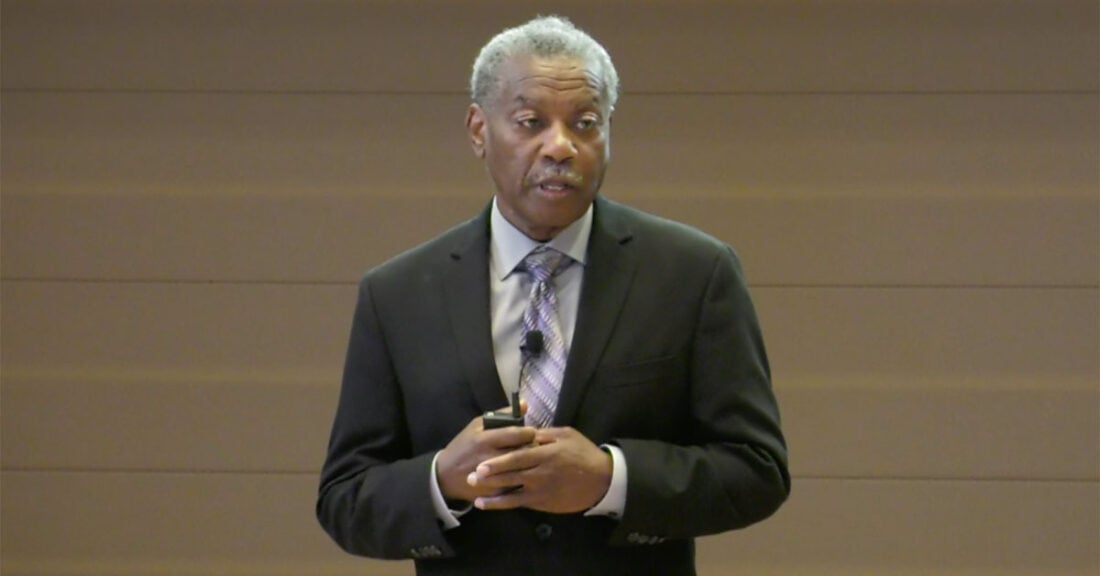Training Series: Coping With the Unique Challenges of Kinship Care

More than 139,000 children in foster care are living in kinship placements with thousands more are in informal kinship care arrangements. As child welfare systems increasingly prioritize placing children with relatives, the Casey Foundation has created a video training series — Coping With the Unique Challenges of Kinship Care — as a resource for kin caregivers and the child welfare workers who supporting them. Therapist and trainer Joseph Crumbley hosts the sessions.
Through the series and its discussion guide, viewers will learn:
- how kinship care changes and affects family dynamics;
- how these changes can result in challenges that may affect a caregiver’s ability to provide safety and permanence for the youth in their care; and
- approaches and strategies to cope with these challenges.
Download the discussion guide
Module 1: Loss and Ambivalence
This module explores how kinship care can interrupt relative caregivers’ plans, priorities, space and privacy—and how this can contribute to their feelings of loss and ambivalence.
Module 2: Guilt
This module focuses on how relative caregivers can manage their understandable feelings of guilt because of changing family dynamics.
Module 3: Hope and Denial
This module asks, when can hope can become a problem? The answer: When relative caregivers cannot implement safety plans or develop permanency plans for the sake of children in their care.
Module 4: Questions From Caregivers
This module allows you to listen to questions from caregivers on multiple topics—and hear Crumbley’s thoughtful, actionable responses.
“Today, more than 2.7 million children live with grandparents or other relatives,” says Tracey Feild, director of Casey’s Child Welfare Strategy Group. “Therefore, it’s important to find strategies that ease the conflicting emotions that surface when kin step up to care for relatives when parents can’t.”
Coping With the Unique Challenges of Kinship Care is a companion training resource to Engaging Kinship Caregivers: Managing Risk Factors in Kinship Care, a five-part series to strengthen child welfare professionals’ ability to support kin families.






